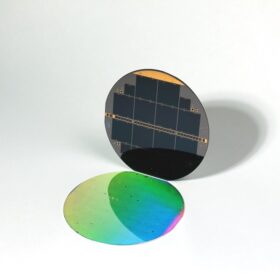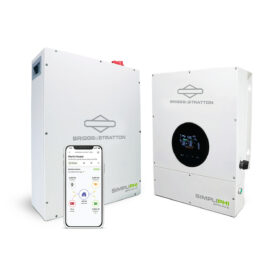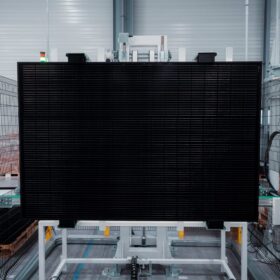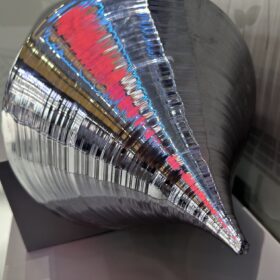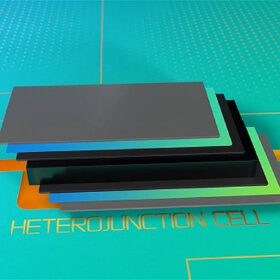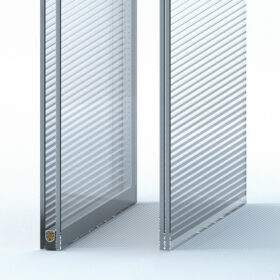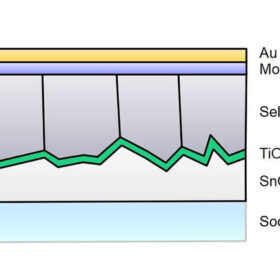Fraunhofer ISE, AMOLF claim record efficiency of 36.1% for silicon-based multijunction solar cell
The two research institutes said the multijunction solar cell is based on silicon, gallium indium phosphide (GaInP) and gallium arsenide (GaAs). The device utilizes a specially designed metal/polymer nanocoating that reportedly optimizes the distribution of light scattering beyond the total internal reflection critical angle in the cell.
Briggs & Stratton launches new lithium iron phosphate battery packages
The battery packages include a battery, an inverter and a control system. The US manufacturer claims its storage systems have a lifespan of over 10,000 cycles and a depth of discharge of 80%.
European Solar Manufacturing Council urges EU to adopt law against forced labor in PV industry
The European Solar Manufacturing Council (ESMC) is urging the European Union to adopt legislation against forced labor in the PV industry, by explicitly calling for measures to prevent solar products produced with forced labor from entering the European market.
Indian scientists making high-purity polysilicon ingots from recyled PV cells
Indian scientists have produced high-purity polysilicon ingots from recycled solar cells using “spark plasma sintering” (SPS), and claim they may achieve a purity level comparable to commercially available products.
Researchers claim PV near railway tracks is technically feasible
Despite soiling and mechanical stress, PV deployed between or close to rail tracks is not just a crazy idea, states a Bangladeshi-Australian research group. The scientists conducted a techno-economic analysis on a 128 kW demonstrator and found it may achieve a levelized cost of energy of only $0.052/kWh.
‘We have not forgotten how China’s unfair trade practices affected our solar industry’: European Commission president
The president of the European Commission, Ursula von der Leyen, said in the 2023 State of the Union Address this week that European solar manufacturers face stiff competition from heavily subsidized Chinese rivals and noted that the bloc is launching an anti-subsidy investigation into electric vehicles from the country.
REC launches 470 W heterojunction solar panel with 22.6% efficiency
REC has developed a new series of heterojunction solar panels with efficiencies up to 22.6% and an operating temperature coefficient of -0.24% per degree Celsius.
Panasonic testing BIPV glass based on perovskites
Panasonic is now testing perovskite-based power-generating glass with Japanese property developer Mitsui Fudosan Residential at a new building in Kanagawa prefecture, Japan.
Sharp unveils all-black 420 W TOPCon solar panel with 21.51% efficiency
Sharp’s new IEC61215- and IEC61730-certified solar panels have an operating temperature coefficient of -0.30% per degree Celsius, with 21.51% efficiency.
Selenium solar cell built with laser-annealing achieves record fill factor of 63.7%
Built by Danish researchers, the device also achieved a power conversion efficiency of 5.0%. They designed the cell with a soda-lime glass substrate, a tin oxide (FTO) layer, an electron transport layer made of titanium oxide (TiO2), a selenium absorber, a molybdenum oxide (MoOx) layer, and a gold (Au) metal contact.

